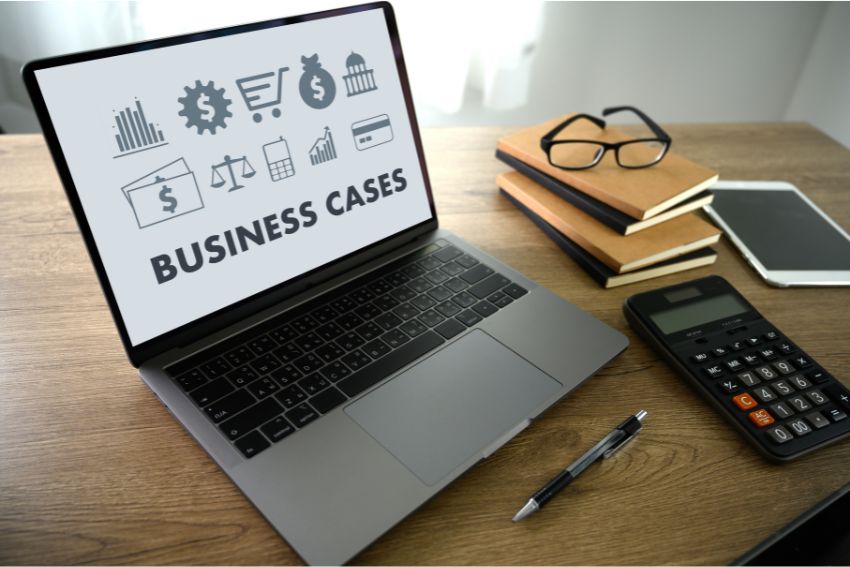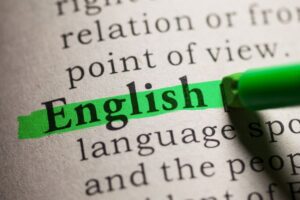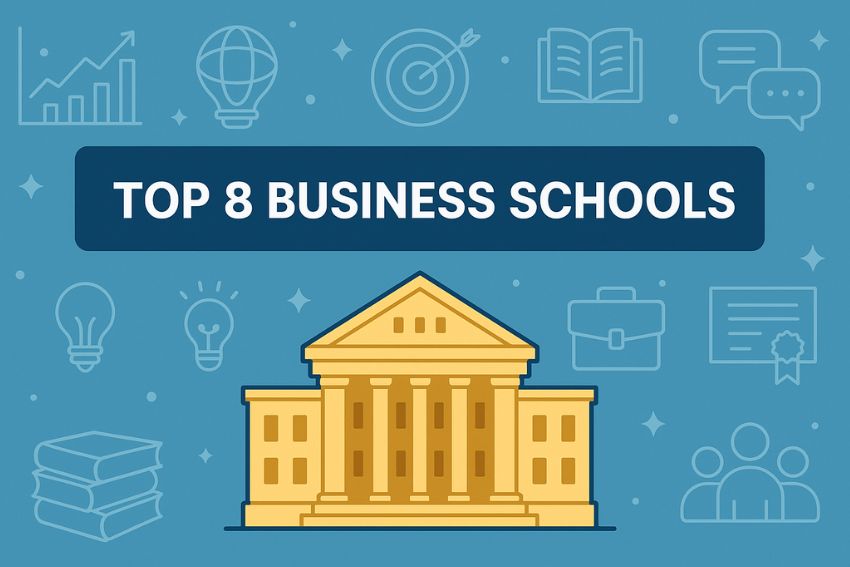GCSE Business: Everything You Need to Know
GCSE Business is a subject that gives you real-world knowledge about how businesses work and succeed. In this blog, you’ll find everything you need to know about the course, from what it includes to how it’s assessed. We’ll break down the key topics, skills gained, and even look at career paths. By the end, you’ll feel confident about what GCSE Business involves and how it can support future success.
What Is GCSE Business?
To begin with, GCSE Business is a subject that helps you understand how real businesses operate in the UK and around the world. Throughout the course, you’ll see how businesses make, sell, and market products, and how they run and manage daily operations. In addition, you learn how entrepreneurs set up businesses, grow them, earn money, and handle customers, staff, and competitors. Furthermore, the course covers everything from small local start-ups to large global companies. Overall, it’s all about building practical knowledge that links directly to everyday business decisions.

GCSE business: Subject Content and Key Topics
GCSE Business is split into two main theme. Each theme explores important parts of how businesses work and make decisions. Theme 1 is Investigating Small Business and Theme 2 is Building a Business. Each theme is packed with topics that give you a real-world view of how businesses run. Here’s a breakdown of the key areas you’ll study:
Business Activity
To begin with, this topic introduces you to why businesses exist, how they start, and the different types of ownership. Then, you’ll learn what makes a business successful and how entrepreneurs turn ideas into products or services.
Marketing
Next, you’ll explore how businesses attract and keep customers. Moreover, you’ll learn about market research, pricing strategies, promotion, and product development, all essential for making sales and growing a brand.
Business Operations
Operations is all about how businesses produce goods and deliver services. You’ll learn about production methods, quality control, customer service, and how efficiency affects profit and reputation.
Human Resources
In this part, you’ll discover how businesses recruit, train, and motivate their staff. It also covers employment laws and how managers keep employees happy and productive.
Finance
This topic helps you understand how money moves through a business. You’ll study profit, loss, cash flow, break-even analysis, and how financial decisions impact growth and survival.
External Influences
Businesses don’t operate in a bubble. You’ll learn how changes in the economy, law, technology, and the environment affect what businesses do and how they adapt.
Skills You’ll Gain in GCSE Business
Importantly, GCSE Business isn’t just about learning facts, it’s about building skills you can use in real life. Throughout the course, you’ll gradually develop important abilities that will help you in other subjects, future jobs, or even when starting your own business.
You’ll learn how to make smart decisions by looking at different options and thinking about risks and rewards. Communication is also key, you’ll practise explaining your ideas clearly, whether in writing or discussion. Problem-solving plays a big role too. You’ll often be asked to analyse real business problems and suggest possible solutions.
On top of that, you’ll build your numeracy skills by working with financial data, such as calculating profit, loss, and break-even points. These are all practical, transferable skills that are valued by employers, colleges, and universities.

Why Choose GCSE Business?
If you’re curious about how shops, brands, or online businesses actually work, GCSE Business is a great choice. It helps you understand what goes on behind the scenes, from how prices are set to why some adverts go viral.
The subject is perfect if you enjoy thinking about real-life situations. For example, imagine you want to open your own café or sell products online. GCSE Business teaches you how to manage money, attract customers, and plan for success. Even if you don’t want to run a business, the skills you learn will help in everyday life, like budgeting, teamwork, or understanding how companies make decisions that affect you as a customer.
It’s also a smart option if you’re still unsure about what you want to do in the future. Business knowledge opens doors to many different careers and keeps your options wide open.
Career Paths and Future Opportunities
Studying GCSE Business can lead to all sorts of exciting options. After your GCSEs, you might choose to continue with A-levels, such as A-level Business, Economics, or Accounting. These subjects go deeper into the world of business and are great preparation for university or a career.
If you prefer a more hands-on route, you can take a business-related BTEC or start an apprenticeship in areas like marketing, retail, or finance. Apprenticeships give you the chance to learn while working and earning money at the same time.
As for long-term careers, GCSE Business gives you a strong foundation for jobs in business management, finance, sales, customer service, and even entrepreneurship. Whether you want to work for a big company or launch your own brand one day, this subject helps you build the knowledge and confidence to get started.
Exam Boards and Assessment Structure
GCSE Business is offered by AQA, Edexcel, OCR and Eduqas exam boards. They cover similar topics, but the way they assess students is slightly different.

AQA
The AQA GCSE Business exam is split into two written papers, each lasting 1 hour 45 minutes and worth 50% of the final grade. Paper 1 focuses on business operations and human resources, covering topics like business in the real world, influences on business, business operations, and human resources. Paper 2 looks at marketing and finance, assessing the same core themes but with a focus on marketing and financial decision-making. Both papers are marked out of 90 and follow the same structure: Section A includes multiple-choice and short-answer questions; Section B and Section C each contain a case study with related questions worth around 34 and 36 marks respectively.
Edexcel
Edexcel also has two themes and two exams. The themes are similar in content but may use different examples and case studies. Like AQA, each paper lasts 1 hour 45 minutes and is worth 50% of the final grade. You’ll answer a mix of questions that test your knowledge, application, analysis, and evaluation skills.
OCR
OCR offers a practical and analytical approach to GCSE Business Studies, covering core areas such as business activity, operations, marketing, finance, and external influences. The course encourages students to build problem-solving and decision-making skills while maintaining a balance between theoretical understanding and real-world application. Assessment is based on two written exams, each lasting 1 hour 30 minutes. Both papers include a mix of multiple-choice, short-answer, and data-response questions, with each paper contributing 50% to the final grade.
Eduqas
Eduqas offers a modern and engaging GCSE Business Studies course designed to suit a wide range of learners. The specification covers key topics such as business activity, operations, finance, marketing, and external influences, with a strong focus on real-world examples and case studies to help students develop analytical skills. It also explores ethical and global issues in business, including sustainability and globalisation. Assessment is through two written papers, each lasting 2 hours. Paper 1 focuses on “Business Dynamics” and Paper 2 on “Business Perceptions,” with both contributing equally to the final grade.
Is GCSE Business Hard?
GCSE Business isn’t considered one of the hardest subjects, but that doesn’t mean it’s easy all the time. Many students find the real-life topics interesting and easier to relate to than abstract subjects. If you enjoy thinking about how companies work or why certain brands are successful, you’ll likely enjoy this course.
However, some parts can be challenging. For example, there’s quite a bit of new vocabulary to learn, like “break-even” or “market segmentation.” You’ll also need to understand how different parts of a business connect and affect one another. The exam questions often ask you to apply your knowledge to real scenarios, so it’s not just about memorising facts.

How to Revise for GCSE Business
To make things easier, revising for GCSE Business can be enjoyable if you use the right tools and techniques. First, start by breaking each topic into smaller chunks. Then, use flashcards to memorise key terms like “revenue” or “market share”, they’re great for quick reviews.
Diagrams are also useful, especially for understanding how different parts of a business link together. Try drawing flowcharts to show how products move from production to customers, or how cash flows through a business.
Past papers are one of the best ways to revise. They show you how questions are asked and help you practise structuring your answers. Make sure you time yourself too, it’ll help with exam confidence.
You can also use real-world case studies. Try looking at your favourite brands and ask questions like: “Why did they choose that pricing strategy?” or “How do they advertise their products?” This makes revision more fun and helps you apply what you’ve learned.
Conclusion
GCSE Business gives you a real-world understanding of how companies work and why they succeed or fail. It’s a great choice if you enjoy practical learning, thinking critically, and applying knowledge to everyday situations. Along the way, you’ll build valuable skills like decision-making, financial understanding, and problem-solving, skills that are useful in school, work, and life.
Whether you’re planning to run your own business someday or simply want to understand how the world of business operates, this subject is a solid foundation. It opens doors to many future paths, including A-levels, apprenticeships, and careers in marketing, finance, and management.
If you want extra help or a confidence boost before exams, consider working with an online tutors. Online tutoring can guide you through topics, explain tricky concepts, and help you stay on track. It’s a smart way to reach your full potential.
To explore more GCSE Business study guides, visit our answers page.
FAQs:
What is Business GCSE?
Business GCSE teaches how real businesses operate, covering topics like marketing, finance, and human resources.
Is Business GCSE hard?
It’s manageable for most students. Some theory and new terms can be tricky, but it’s easier with real-world examples.
What do you do in Business GCSE?
You study how businesses start, grow, make decisions, and manage money, people, and products.
Is Business Studies a good GCSE?
Yes, it builds practical skills and opens doors to A-levels, apprenticeships, and business-related careers.








